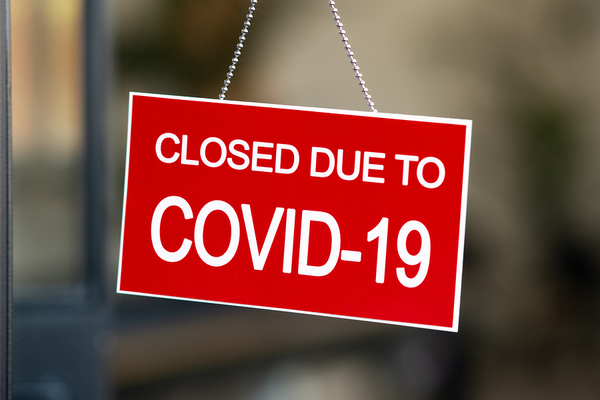View Sale Announcement Detail


Archived news
EXCERPT: Commercial loan portfolios are seeing spikes in delinquencies due to financial troubles sparked by the COVID-19 pandemic, leaving bank special servicers and commercial lenders to seek out strategies - such as loan sales - to ease the workload.
 Retail shops, hotels, and other businesses in the commercial space have closed their doors in the wake of the COVID-19 crisis, sparking a slew of delinquencies in the commercial loan sphere.
Retail shops, hotels, and other businesses in the commercial space have closed their doors in the wake of the COVID-19 crisis, sparking a slew of delinquencies in the commercial loan sphere.
With retail stores, offices, warehouses, and hotels shuttering over the past few weeks as a result of the coronavirus pandemic, it is only a matter of time before businesses will be unable to pay their rent and fulfill their payment obligations.
Such a situation has prompted the dire need to seek out financial relief programs for commercial mortgage-backed securities, pointing to a crisis in the real estate sector.
Commercial Loan Assets a Source of Significant Delinquencies
Nearly $150 billion in commercial loans that are in commercial mortgage backed security form - representing 26 percent of the outstanding debt - is involved in deferred payments over recent weeks. Compare that to the weeks following the last financial crisis, whereby loan delinquencies and foreclosures reached a peak of 9 percent. That's a significant difference and one that has bank special servicers very concerned.
Lenders with potentially weak and risky commercial loans are preparing for what may just be a massive dent in their business. A slew of defaults, possible foreclosures, and modification requisitions are expected to pour in. After years of scaling back in workout staff, they're starting to beef up again to brace for what's to come.
While not all commercial borrowers who requested forbearance will necessarily end up being delinquent or enter foreclosure, it's estimated that the $584 billion industry will reach peak levels not seen since 2011 by as early as Q3 2020.
 The hotel industry has been hit particularly hard, with travelers staying put in an effort to curb the spread of COVID-19.
The hotel industry has been hit particularly hard, with travelers staying put in an effort to curb the spread of COVID-19.
Up until now, residential real estate mortgages have seen mortgage deferral options to provide financial relief for homeowners who may not be able to make good on their home loan payments for a few weeks following lay-offs and business closures. But no such government relief programs exist for commercial real estate.
Commercial Lenders Need to Embrace Loan Sales as a Way to Hedge Against Risk
Although banks and lenders may have some wiggle room to negotiate modifications to payment plans on commercial property, the options are limited. Bank special servicers are already seeing mounting debt being transferred to them from master servicers and lenders.
The profit that bank special servicers make comes from fees charged on the unpaid principal portion of the loans they hold. But as these servicers get overwhelmed with volume, loan defaults start to occur with higher frequency.
Among all the commercial loan issues, those involving hotels have been hit particularly hard as would-be travelers stay home. Over 20 percent of commercial lodging loans were up to 30 days late in April, a 1.5 percent uptick from the month before. Retail debt is also seeing a spike in late payments over the past month.
While the financial crisis from over a decade ago came with its own trials and tribulations, this one is quite unique. Banks and commercial special servicers will need to turn to loan sales as a means of moving product through the resolution process more quickly. With the help of a seasoned loan sale advisor like Garnet Capital, loan sales can help stressed servicing units during this time of crisis and serve as a tool for loan management.

